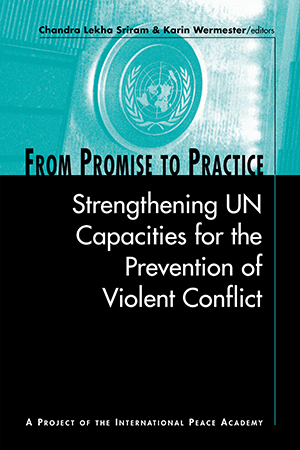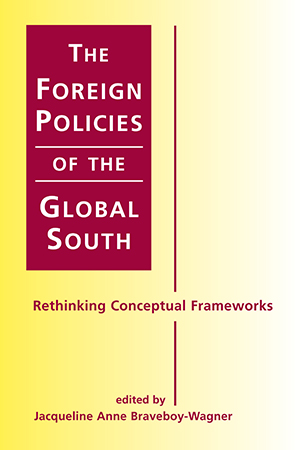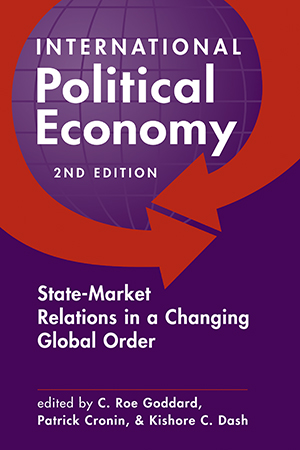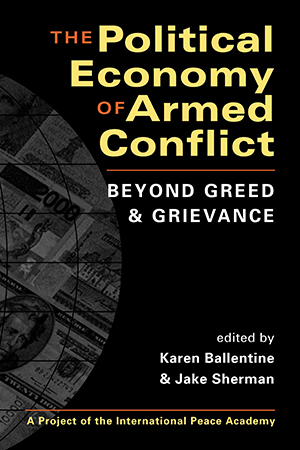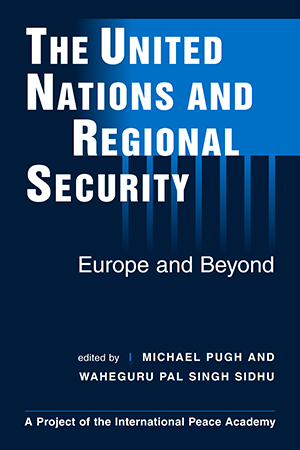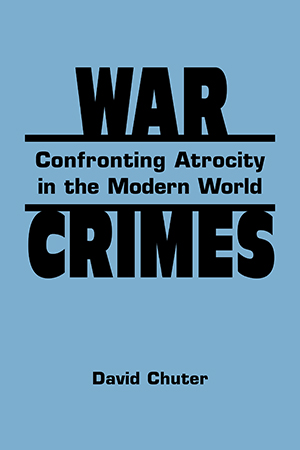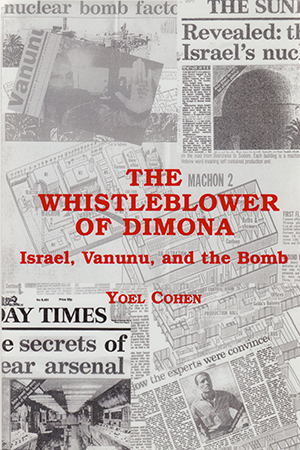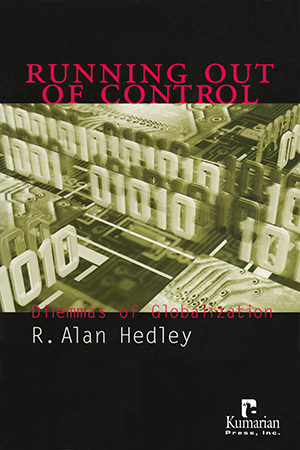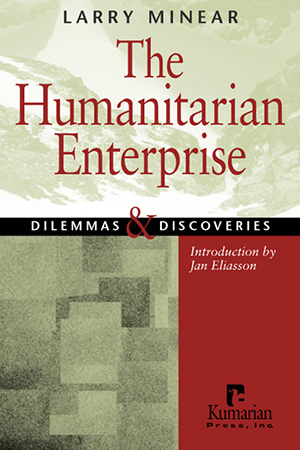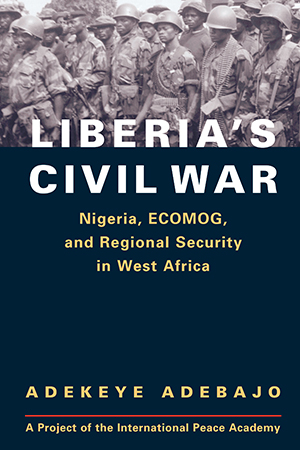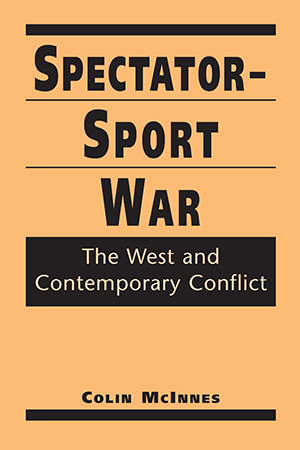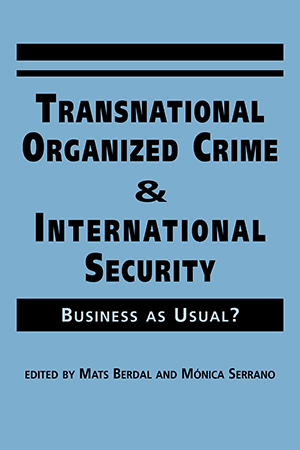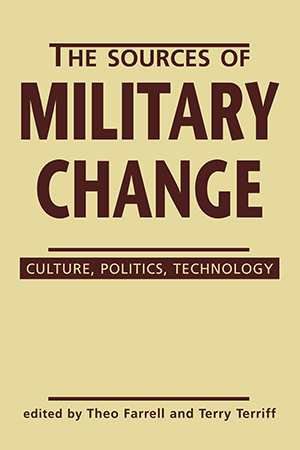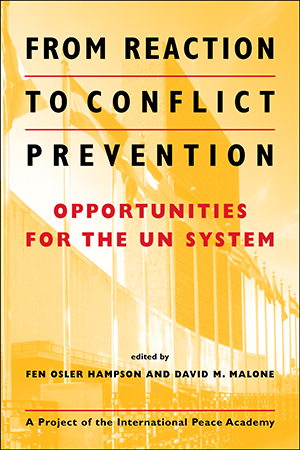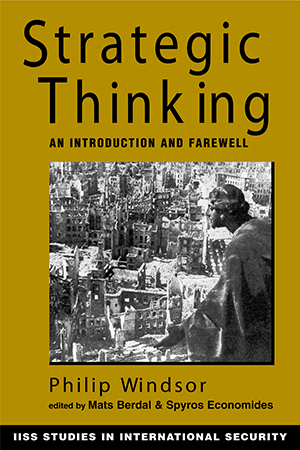International Relations (all books)
How can the United Nations, regional and subregional organizations, government donors, and other policymakers best apply the tools of conflict prevention to the wide range of intrastate More >
Seeking to refocus thinking about the behavior of the global south ("third world") states in international affairs, this book explores contending explanations of global south More >
Introducing the classic and contemporary ideologies of international political economy, this anthology has been carefully constructed for classroom use. Articles representing contending More >
Globalization, suggest the authors of this collection, is creating new opportunities—some legal, some illicit—for armed factions to pursue their agendas in civil war. Within this More >
Events in Europe over the past decade or so have created a dynamic requiring significant conceptual and practical adjustments on the part of the the United Nations and a range of regional More >
War crimes typically are discussed in sensational terms or in the dry language of international law. In contrast, David Chuter brings clarity to this complex subject, exploring why More >
In 1986, Mordechai Vanunu, a technician at Israel's highly secret nuclear arms research center at Dimona, disclosed highly classified details about Israel's nuclear arms program to More >
Alan Hedley argues that, although for centuries technological innovation allowed humanity to gain increasing control over its fate, the trajectory of that control is now—due to More >
With a particular (though not exclusive) focus on the complex links between humanitarian action and the worlds of politics and military engagement, Larry Minear explores what international More >
Liberia's Civil War offers the most in-depth account available of one of the most baffling and intractable of Africa's conflicts. Adekeye Adebajo unravels the tangled web of the More >
Following a century dominated by global conflict—and despite the unchanging nature of the human suffering it causes—the nature of war itself, argues Colin McInnes, has been More >
Though the provision of illicit goods and services is far from being a new phenomenon, today's global economic environment has allowed transnational organized crime an unprecedented More >
In varying circumstances, military organizations around the world are undergoing major restructuring. This book explores why, and how, militaries change. The authors focus on a complex of More >
Though the prevention of conflict is the first promise in the Charter of the United Nations, it is a promise constantly betrayed by international organizations, governments, and local actors More >
In this, his final book, Philip Windsor explores the emergence, meaning, and significance of the Cold War mentality. Tracing the evolution of strategic thinking from its origins in medieval More >


